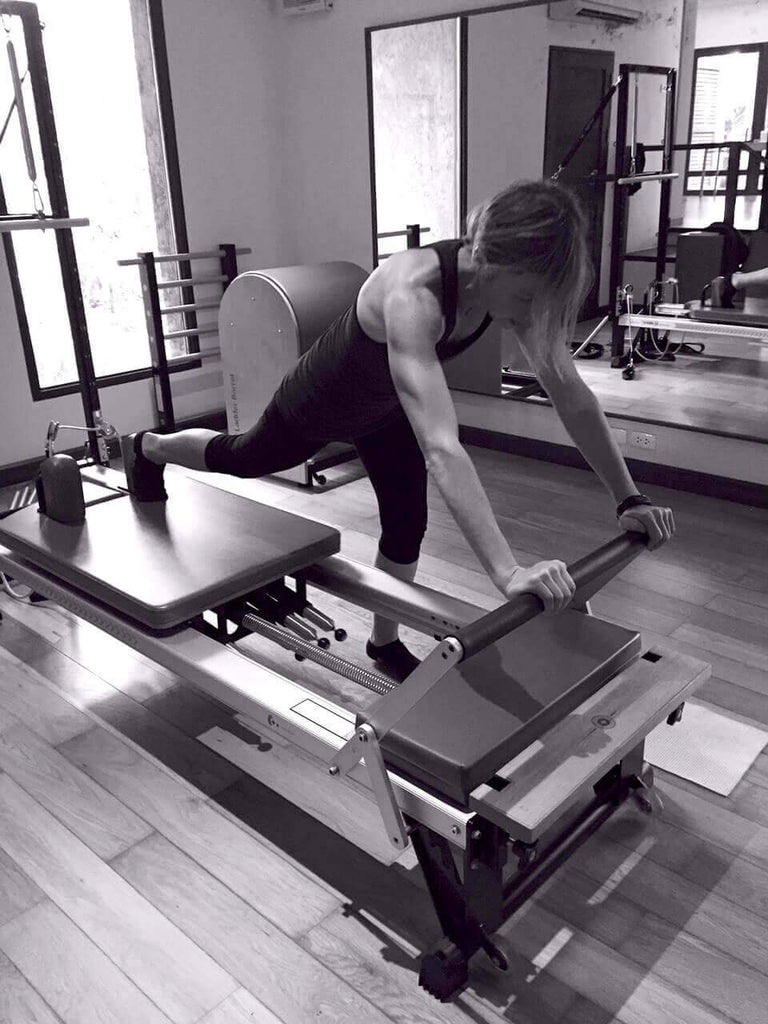When I was working as a personal trainer, not a week went by when I used to see people virtually collapsing on the floor half way during their workout and not being able to complete their full session, due to not fuelling their body correctly and running out of puff. Whether you are exercising just for general health, fat loss or an athlete in competition, the nutritional strategy you put in place before and after training can enhance performance and reduce fatigue and dehydration as well as promote optimal recovery afterwards.
In order to train properly and recover quickly you need to look at your chosen activity, how long it lasts, time of day and the nutritional strategy to assist in energy supply and recovery. What you eat and drink before your workout, allows the body to train in the best possible condition. Your meals should normally be a mix of carbohydrate for energy and protein to repair the body. The best carbs come from fresh fruit and vegetables and they have the added benefit of being rich in vitamins, minerals and phytonutrients that can help boost health and wellbeing. For a clean protein source check out my Pure Native WPI.
Fuel your workout
If you’re exercising, the rule of thumb is begin your workout well nourished, but with your stomach virtually empty. This basically means that based on your pre exercise nutrition, your body should be well hydrated and have enough glycogen to enter your session in the best physical condition. Glucose is stored in the liver and muscles as glycogen. When we exercise the liver breaks down its glycogen and releases the glucose into the bloodstream for energy. The muscles use this glucose as well as their own glycogen that is stored in the muscle to fuel their work. When glycogen is depleted we become fatigued. How much carbohydrate we eat will influence how much glycogen is stored and the amount we need depends on our activity level and exercise time. If we are trying to lose fat, we need to consider not only the amount of good carbohydrates we eat, but also the time of day we eat them.
For many of us ( unless you're running marathons on playing professional sport), we should often have enough glycogen in our system from the day before to get us through our session. A piece of low GI fruit like kiwi or berries, some yoghurt or a small protein drink made with water 30 minutes prior can also stabilise energy levels if you need it and get you powering through your 60 minutes session. Drinking coffee, Organic Superfood or matcha tea 30 minutes to an hour before your workout results in longer endurance, faster times, less exertion, less fatigue, and more rapid recovery -- up to 30 percent better in each category Caffeine also, breaks down fat, freeing fatty acids which are immediately burned.
If your exercise bouts are longer then make sure to take along carb/electrolyte replacements to get you through. Some ideas could be coconut water, pineapple or orange juice that are rich in minerals such as potassium and magnesium to help regulate fluid balance and for muscle contraction.
Hydrate Well
Begin your workout well hydrated 500 ml of water consumed 15 - 30 minutes before training is ideal, then frequent sips during your workout session. Make sure to hydrate properly after your workout to counteract dehydration. Exercise sessions over 1 hour may need additional electrolytes during and after the session to help with recovery. The American College of Sports Medicine recommends you replace 1.5 litres of fluid for each kilogram of body weight lost.
Repair and Recover
Your body needs protein for repair, quality carbs to replenish glycogen (choose foods rich in magnesium and potassium that are necessary for nerve and muscle contraction). Consumption of small protein rich meals 10 – 25g of protein at each time throughout the day after your training session is the best for protein synthesis. Good protein rich meal are my recovery smoothie, Superfood smoothie, yoghurt, trail mix and Pure Native WPI. Good carb sources are fresh fruit and vegetables including banana, oranges, pumpkin and sweet potato that are good food sources of potassium and magnesium. Organic Superfood and Natural Immune Support also works as an anti-inflammatory and helps the body recover properly after training.
Prevent Workout Burnout
Remember to listen to your body and find your balance. Alternate the intensity of your training, so you’re not training like a crazy obsessed person every single day, otherwise you’ll soon burn out, get sick and give up. Over-exercising and hard dieting have both physiological and psychological outcomes. Your immune system will suffer and you will get sick easily. You’ll be tired most of the time, and you won’t be able to sleep properly, eat properly or train properly.
Common symptoms of burnout are: elevated morning heart rate - chronic fatigue - an increase in normal body temperature - a greater susceptibility to colds - difficulty sleeping - increased anxiety - joint and muscle injuries.
Enjoy the journey that exercising and healthy eating will take you on. Learn to take days off to relax and recharge, and enjoy the experience! It’s the only way you’ll be able to maintain a healthy, balanced exercise routine for the rest of your life.

 Need help finding the right product for you?
Need help finding the right product for you?

